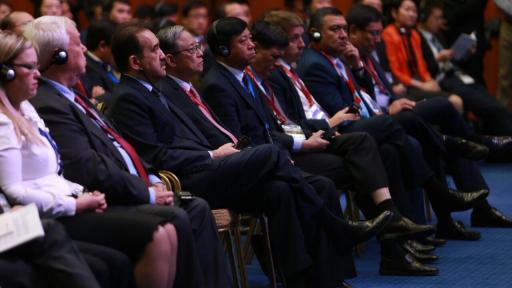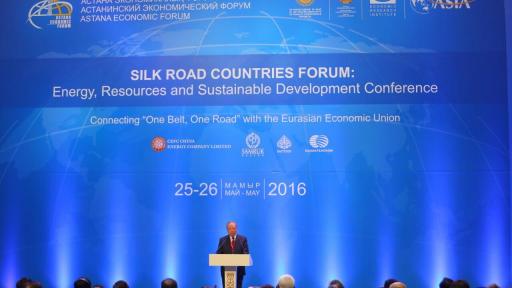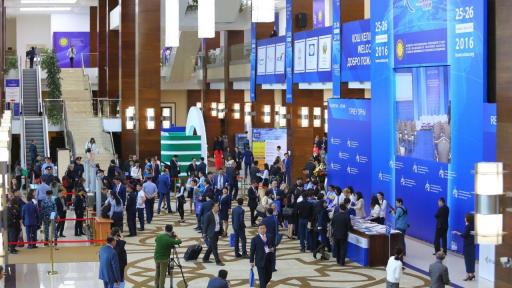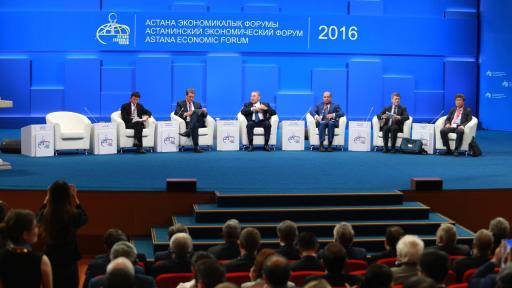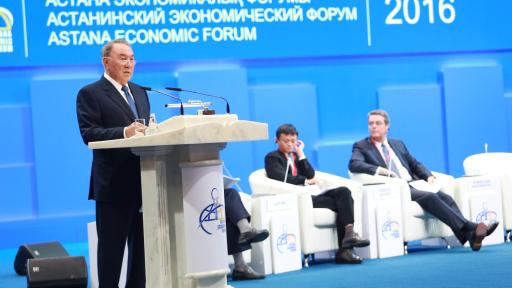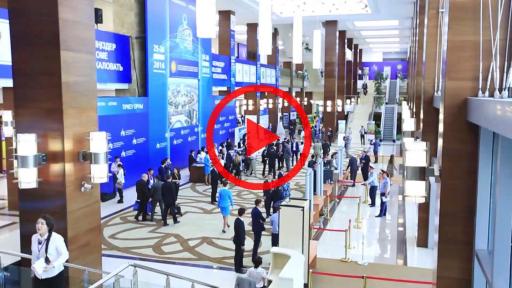Recommendations for Astana Economic Forum 2016
Astana, Kazakhstan, 30 June 2016/PRNewswire/ – The Astana Economic Forum is an annual event held in Astana, the capital of the Republic of Kazakhstan, which brings together representatives from the world’s economic community, current and former heads of states, Nobel Prize laureates, outstanding figures from the scientific world, and businessmen. The Forum is best known as a platform for international dialogue that enables constructive discussion of economic development issues concerning both Central Asia and the entire world in relation to changes witnessed in the global economy.
This year the Astana Economic Forum 2016 was held on May 25-26 in Astana, Kazakhstan under the theme “New economic reality: diversification, innovation and knowledge economy”. The agenda of the Forum traditionally included the most topical issues on economic development.
The outcomes of the AEF 2016 feed into the final recommendations, a summary of which is provided below.
- In the short term, policy actions need to focus on building resilience against downside risks to growth. These risks include a slowdown in major emerging and developing economies, financial sector turmoil amid tighter global borrowing conditions, and persistently low commodity prices. Where cyclical slowdowns are underway, and where there is sufficient policy space, countercyclical fiscal and monetary stimulus can be employed to support activity. Cyclical policies need to be reinforced with longer-term structural measures. These should focus on easing supply side constraints, and offsetting demographic headwinds in the relatively higher-income developing regions, where the working-age share of the population is shrinking.
- Diversification from oil will require further improvements in the business environment, stronger incentives to develop the private sector (including by reducing public–private sector wage gaps), and better aligning education and skills to market needs. Governments should be encouraged to seek private sector employment, and firms encouraged to develop business models that do not depend on government-driven activities. Fostering financial development and inclusion is especially important for channeling resources toward productive activities. Providing meaningful opportunities and making growth inclusive would help allay social pressures, especially as an increasing number of young people are entering the labor market.
- A deepening of structural reforms is essential to promote diversification and non-oil sector growth in order to create jobs for the growing workforce. Job creation and growth in the oil-exporting countries in the region will also have important positive spillovers for trading partners, which will benefit from higher trade and remittances.
Please visit http://forum-astana.org/en/page/rekomendacii-aef-20164 for full text of recommendations.












